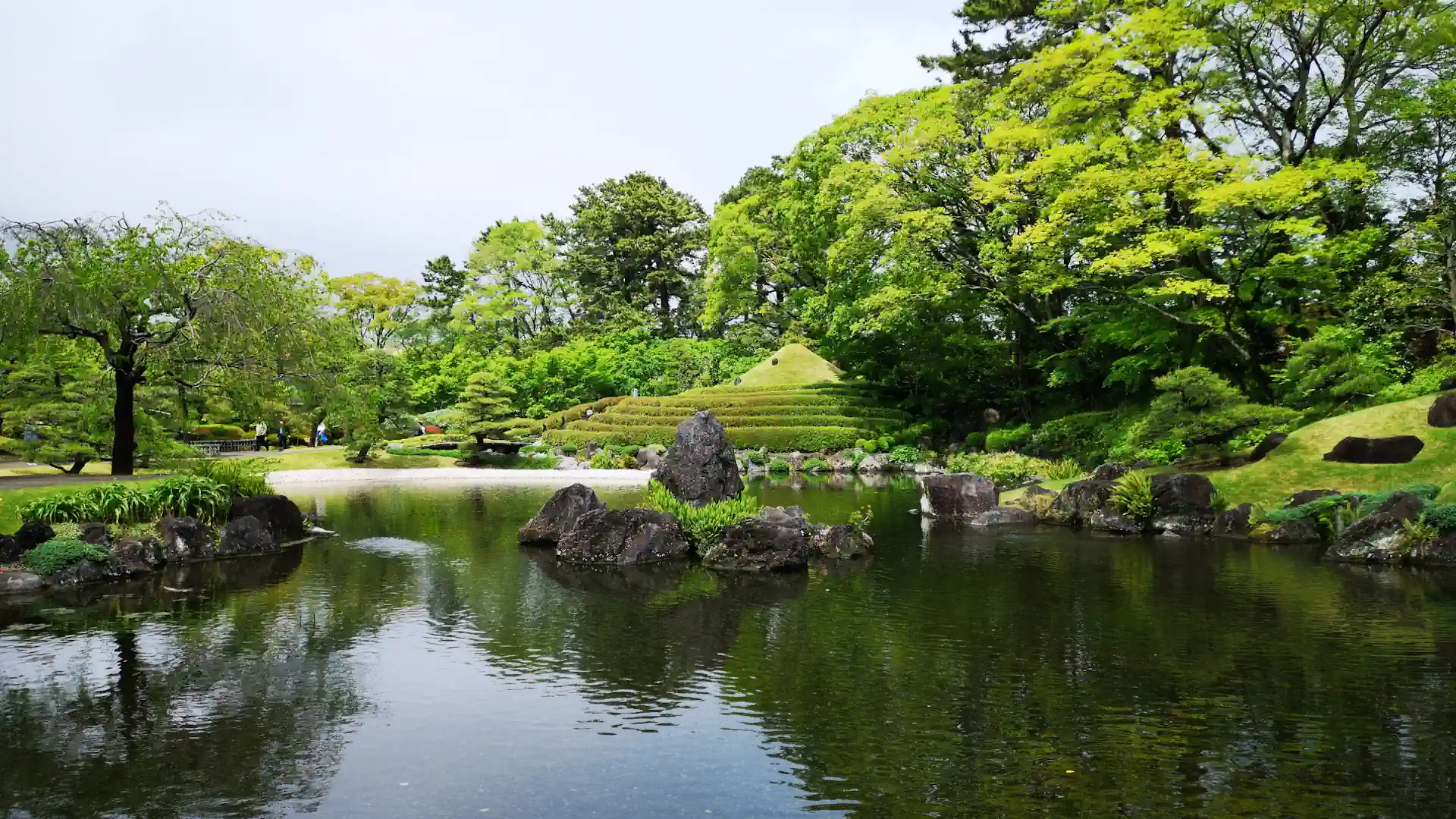In the midst of the hustle and bustle of modern life, the quest for tranquility becomes increasingly essential. The Zen garden, rooted in ancient Japanese philosophy, provides a blueprint for cultivating peace and harmony in your outdoor haven. In this article, we’ll explore the essential elements, mindful plant selection, meditative design principles, the incorporation of soothing water features, and the art of mindful maintenance, guiding you on a journey to create a Zen-inspired sanctuary right in your own backyard.
Essential Elements of Zen Gardens

To cultivate tranquility in your outdoor space, it’s crucial to understand the essential elements that define a Zen garden. These gardens are characterized by simplicity, balance, and a focus on natural elements. Start by introducing a bed of gravel or sand, serving as the canvas for your Zen masterpiece. Strategically place rocks to represent mountains or islands, and consider minimalist plant arrangements that emphasize greenery over flamboyant blooms. Each element in a Zen garden holds symbolic significance, contributing to the overall sense of calm and balance.
Mindful Plant Selection for Zen Gardens
The plants you choose for your Zen garden play a pivotal role in creating a serene atmosphere. Opt for greenery that aligns with the Zen philosophy, emphasizing simplicity and natural beauty. Japanese maples, with their graceful branches and vibrant foliage, are excellent choices. Bamboo, known for its flexibility and resilience, adds an element of grace. Moss, with its soft and lush appearance, contributes to the overall tranquility. Mindful plant selection involves not only choosing the right species but also arranging them in a way that promotes balance and simplicity, reflecting the essence of Zen.
Meditative Design Principles
Zen gardens embody design principles that transcend aesthetics, focusing on creating an environment conducive to meditation and contemplation. Simple yet elegant pathways guide you through the space, encouraging a mindful stroll. Bridges, often arched and gracefully integrated, symbolize a transition or connection. The artful placement of stones, known as Ishi wo Tateru Koto, conveys a sense of stability and strength. Embrace these design principles to shape your Zen garden, allowing it to be a place of quiet reflection and meditation.
Water Features for Soothing Sounds
Water holds profound significance in Zen philosophy, representing the flow of life and a source of calm. Introducing water features to your Zen garden enhances the overall tranquility. Consider a small pond, its still surface reflecting the serenity of the surroundings. Fountains with gentle cascades add soothing sounds that contribute to the peaceful ambiance. The rhythmic flow of water becomes a natural focal point, inviting contemplation and relaxation. By incorporating water features, you bring an auditory dimension to your Zen garden, amplifying its ability to transport you to a state of tranquility.
Mindful Maintenance Practices
Cultivating tranquility in a Zen garden extends beyond the initial design—it requires ongoing mindfulness in maintenance. Embrace the meditative aspects of tending to your garden, starting with the art of raking patterns in the gravel or sand. This practice, known as karesansui, is a form of moving meditation that adds visual interest and harmony to the space. Pruning and shaping plants with intentionality contribute to the overall aesthetic, ensuring that every element aligns with the Zen philosophy. Embrace the rhythm of mindful maintenance, allowing it to become a form of meditation in itself.
Conclusion
In the creation of a Zen garden, you embark on a journey to cultivate tranquility and mindfulness in your outdoor haven. By understanding the essential elements, selecting plants with intention, embracing meditative design principles, incorporating soothing water features, and adopting mindful maintenance practices, you can transform your backyard into a sanctuary of peace. As you immerse yourself in the process, remember that the true beauty of a Zen garden lies not just in its visual appeal but in the serenity it brings to your mind and spirit. Through the art of Zen gardening, you have the power to create an oasis of calm amid the chaos of daily life.


